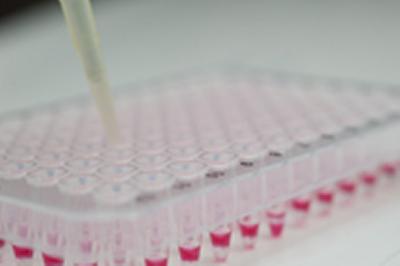Clinical research facilities in Southampton get funding boost

Clinical research facilities in Southampton have received a financial boost from the National Institute for Health Research (NIHR).
More than £9million has been awarded to the city’s partnership between University Hospital Southampton NHS Foundation Trust and the University of Southampton, which will be used to support early-stage studies of new treatments for people with diseases such as: cancer, asthma, arthritis, liver disease, and heart disease.
Funding the Southampton NIHR Wellcome Trust Clinical Research Facility (WTCRF), the award will also support work to understand new ways to prevent diet-related disease and the development of new vaccines.
Thousands of people from Southampton and surrounding areas take part in clinical research every year.
In 2010/11 more than 13,000 patients were recruited to clinical trials – where research is taken out of the laboratory and into the clinic – making Southampton one of the top three centres in England for NHS patients participating in NIHR supported clinical research.

Dr Saul Faust, Director of the NIHR WTCRF, says: “This is a fantastic opportunity which will allow the NIHR WTCRF to support translational research collaborations between the Trust and the University incorporated within the Southampton Centre for Biomedical Research, , including work with the NIHR Nutrition Biomedical Research Centre, the NIHR Respiratory Biomedical Research Unit and the NIHR-Cancer Research UK Experimental Cancer Medicine Centre as well as many other clinical trials open to patients and research volunteers in Southampton .”
Professor Iain Cameron, Dean of the University’s Faculty of Medicine, which celebrates its 40th anniversary this academic year (2011/12) comments: “Collaboration between universities and the NHS is essential to drive the discovery of new treatments for the benefit of patients. Longstanding relationships between the University of Southampton, University Hospital Southampton NHS Foundation Trust, research funders including medical charities, and the pharmaceutical and healthcare industry have led to world-class facilities being developed in Southampton. This latest funding from the NHIR will further cement our collaborations and allow us to remain on the cutting edge of clinical research.”